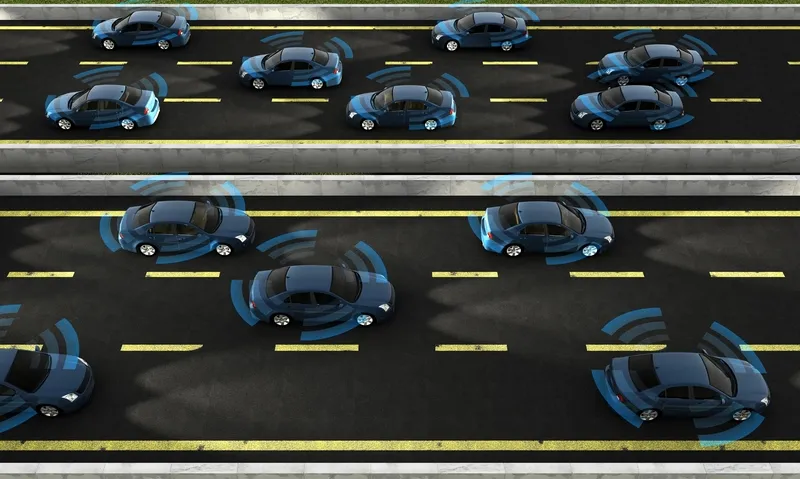The US Department of Transportation’s Federal Transit Administration (FTA) has announced the availability of US$22.5 million through the latest round of the low or no emission vehicle deployment program (LoNo) that will help deploy the next generation of energy-efficient vehicles nationwide. The funds are intended to encourage adoption of green technologies in transit buses, such as hydrogen fuel cells and electric and hybrid engines.
The program focuses on commercialising the cleanest and most energy-ef
September 28, 2015
Read time: 2 mins
The 324 US Department of Transportation’s 2023 Federal Transit Administration (FTA) has announced the availability of US$22.5 million through the latest round of the low or no emission vehicle deployment program (LoNo) that will help deploy the next generation of energy-efficient vehicles nationwide. The funds are intended to encourage adoption of green technologies in transit buses, such as hydrogen fuel cells and electric and hybrid engines.
The program focuses on commercialising the cleanest and most energy-efficient US-made transit buses to help reduce emissions like carbon dioxide and carbon monoxide. The LoNo program builds on the success of FTA’s National Fuel Cell Bus Program, which invested in the research, development and testing of alternative fuels and related equipment for the transit industry.
FTA will award the LoNo funds on a competitive basis to transit agencies and state transportation departments working either independently or jointly with bus manufacturers already making low- and zero-emission buses.
“These grants will help ensure that the future of mass transit is energy-efficient and friendly to the environment,” said U.S. Transportation Secretary Anthony Foxx. “This funding will reduce our dependence on fossil fuels and support the growing sustainable energy industry in the United States.”
“The LoNo program has helped deploy environmentally-sound, technologically-advanced vehicles across the country, providing a better riding experience for passengers and improving public health,” said acting FTA administrator Therese McMillan. “By reducing fuel and maintenance costs, these modern vehicles are a great public investment – saving taxpayer money in the long run while powering innovative American enterprises.”
The program focuses on commercialising the cleanest and most energy-efficient US-made transit buses to help reduce emissions like carbon dioxide and carbon monoxide. The LoNo program builds on the success of FTA’s National Fuel Cell Bus Program, which invested in the research, development and testing of alternative fuels and related equipment for the transit industry.
FTA will award the LoNo funds on a competitive basis to transit agencies and state transportation departments working either independently or jointly with bus manufacturers already making low- and zero-emission buses.
“These grants will help ensure that the future of mass transit is energy-efficient and friendly to the environment,” said U.S. Transportation Secretary Anthony Foxx. “This funding will reduce our dependence on fossil fuels and support the growing sustainable energy industry in the United States.”
“The LoNo program has helped deploy environmentally-sound, technologically-advanced vehicles across the country, providing a better riding experience for passengers and improving public health,” said acting FTA administrator Therese McMillan. “By reducing fuel and maintenance costs, these modern vehicles are a great public investment – saving taxpayer money in the long run while powering innovative American enterprises.”







